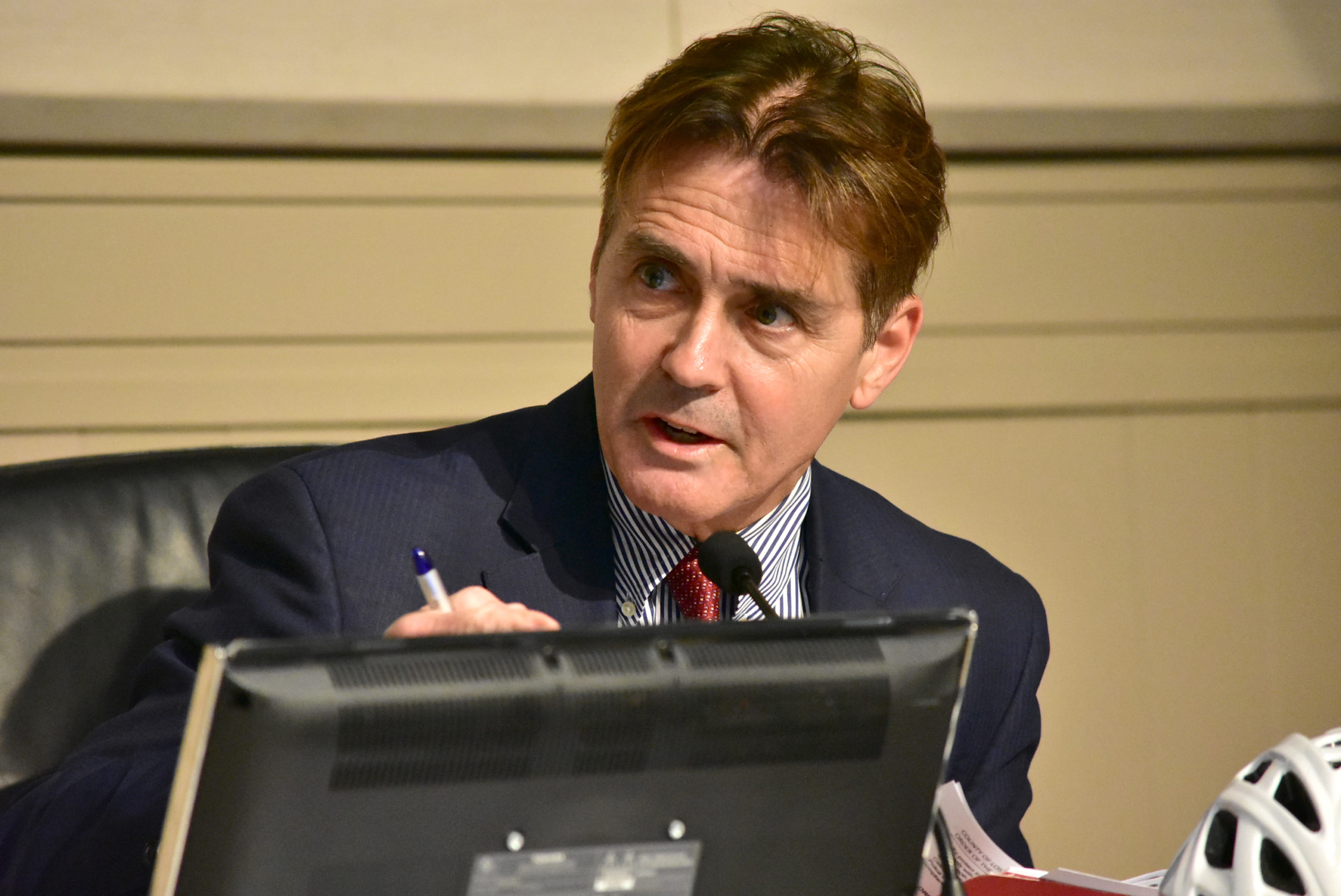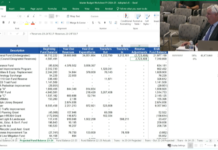
South Pasadena voters will be asked to make permanent the city’s 7.5 percent utility users tax Nov. 3, but will not — at least for now — be asked to consider a new ‘hotel tax’ (like for AirB&B) or an increase in the city’s building height limit, the City Council decided Wednesday night.
The decisions on the UUT and hotel tax — or more precisely, a Transient Occupancy Tax —followed recommendations from Planning Department staff. They were taken with little discussion by the Council, which received only one comment from the public — an endorsement of the UUT from the 14 members of the UUT Renewal Committee, which argued it is necessary to keep South Pasadena a “full service city.”
By contrast, the Council got nearly a dozen comments on the building height issue. Most were from supporters, including one from the Chamber of Commerce and another signed by 56 residents who see raising the limit as a way to expand lower income housing options in a city where the average price of a home is now $1.2 million.
Two letters were opposed, though one of those was signed by 86 members of the resurgent South Pasadenans for Responsible Intelligent Growth (“SPRIG 2.0”). SPRIG’s position echoed that of the city’s Planning Commission, which at a July 21 special meeting rejected putting a height increase on the ballot, saying the Planning Department’s recommended strategies for targeted height increases needed more work and public outreach.
The city must make changes to the Housing Element of its pending General Plan update to accommodate what many regard as an unrealistic state requirement to adapt its zoning code to enable the construction of 2,026 new affording housing units. The pros and cons of pursuing an appeal of this mandate — which the city has undertaken on an administrative level — populated the content of a separate set of public comments and was the subject of a detailed discussion in the staff report.
Planning staff had put together several possibilities, including: raising the heights and densities at five specific sites around town; only within Ostrich Farm neighborhood; or only along Fair Oaks in downtown.
Staff did not take a position on the height increase, instead reporting only the Planning Commission’s rejection. But it did raise the possibility of holding an election next March to accomplish the same goal. That would give everyone more time to work on an approach, but it would further prolong the much-delayed General Plan update, add between $30,000 and $70,000 in additional pubic engagement costs, and cost the city at least ten times as much as the $10,000 to $15,000 it would cost to have the county registrar put the issue on the November ballot.
Councilmember Diana Mahmud, who pressed very hard for a November ballot measure at the Planning Commission and at an earlier City Council session, said the city had now run out of time to put together “an appropriate and tailored” proposal to put before voters. She said staff had not had enough time to fully consider where in town higher limits should be considered or how such proposals would align with other parts of the General Plan. “The time is not right. It’s unfortunate,” she said, and will cost the city money. But she said it is in the best interest of the city to hold off for now.

Councilmember Michael Cacciotti agreed. “There’s more to do.” Everyone on the Council supports inclusionary housing, proper affordable housing, openness, and responsible development,” he said. He then went over some of the arguments the city has made in its administrative appeal of the housing mandate. Councilmember Richard Schneider concurred with Mahmud and Cacciotti. Mayor Robert Joe did not summarize his views.
Councilmember Marina Khubesrian said she loved the “surgical precision” of the Planning Department’s non city-wide options for raising heights and densities. She is also concerned voter turnout in March will be much lower than November, meaning fewer citizens would be involved in the decision-making. Nor would the increases mean new housing would be built “overnight,” she pointed out. She said she was therefore in favor of a November vote, though ultimately she voted along with her four colleagues against having one.
















.png)






